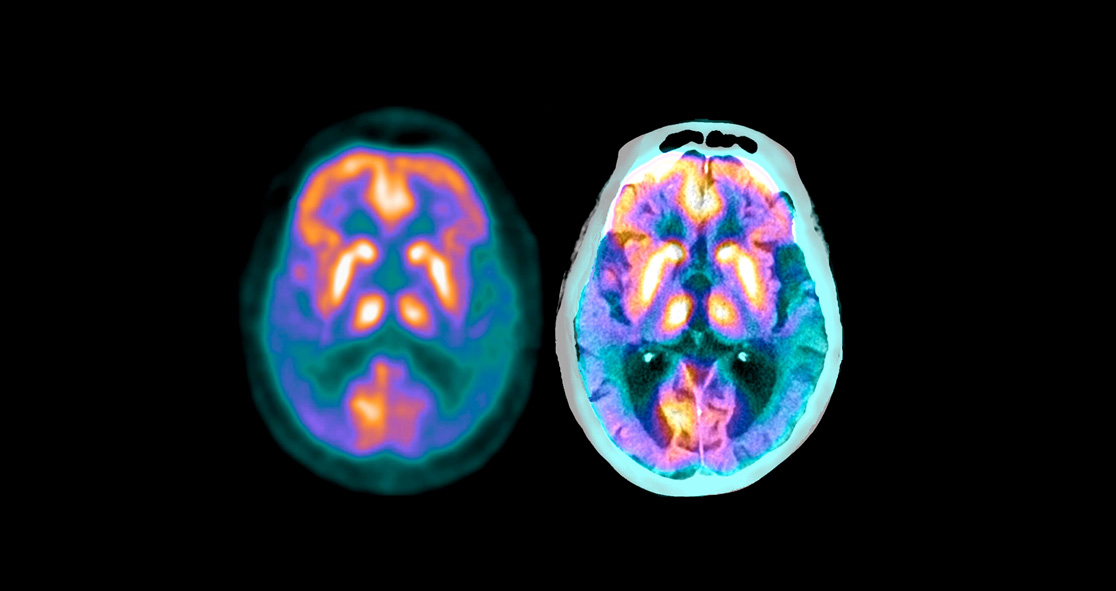Donanemab, the experimental Alzheimer’s drug developed by Eli Lilly, has shown promise in slowing down cognitive decline in patients with Alzheimer’s, according to early clinical trial results.
The study, published Saturday in The New England Journal of Medicine, included 257 patients with early symptomatic Alzheimer’s; of those, 131 received donanemab and 126 received a placebo.
Researchers found that intravenous donanemab slowed the decline of cognition and daily function in patients with Alzheimer’s by 32% after 76 weeks.
Dr. Maria Carrillo, Chief Science Officer at the Alzheimer’s Association, who was not part of the study, said, “Out of 18 months, in comparison to the people that did not get the drug, these folks were declining six months slower. That’s six more months of better cognition, better memories, better enjoyable times with your family.”
“This has a lot of potential,” Dr. Carrillo added. “It could be a first step towards slowing more significantly, or stopping, cognitive decline in these earlier stages, which would really be transformational for our field.”
The researchers also looked at donanemab’s impact on the accumulation of tau proteins and amyloid-beta plaque, which are seen in patients with Alzheimer’s disease.
After 52 weeks, nearly 60% of participants who received the drug had reached amyloid-negative status. At 76 weeks, amyloid plaque levels decreased in those who received the drug.
The study on donanemab is still early, and the researchers said they need longer and larger trials to determine the safety and efficacy of the drug.
Dr. Mark Mintun, VP, Pain and Neurodegeneration Research at Eli Lilly, said in January, “We are extremely pleased about these positive findings for donanemab as a potential therapy for people living with Alzheimer’s disease, the only leading cause of death without a treatment that slows disease progression.”
The U.S. Food and Drug Administration has not approved a new drug for Alzheimer’s since 2004. The agency is currently reviewing an experimental Alzheimer’s drug called aducanumab, which is developed by Biogen and its Japanese partner Eisai.
The accumulation of tau proteins and amyloid-beta plaques is often associated with the progression of Alzheimer’s so most experimental drugs aim to stop that accumulation. The story was originally published on CNN.























